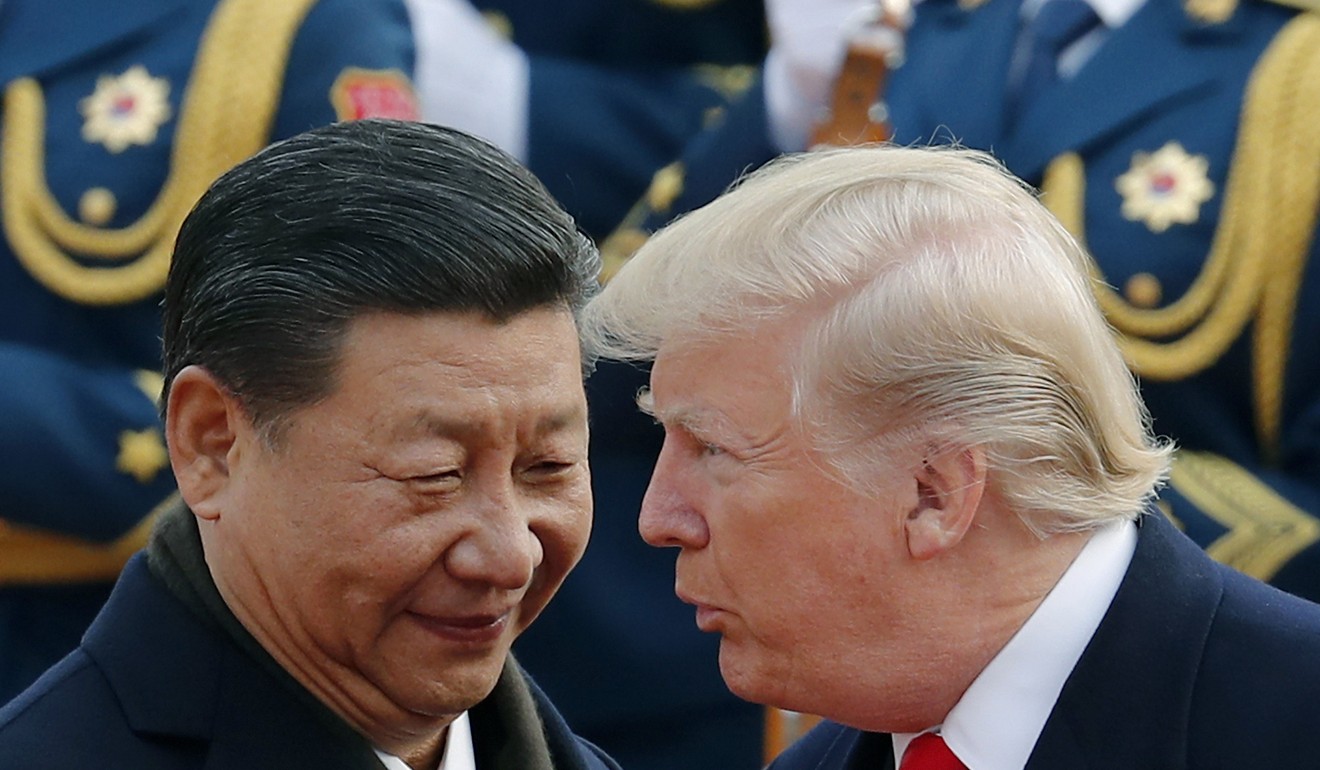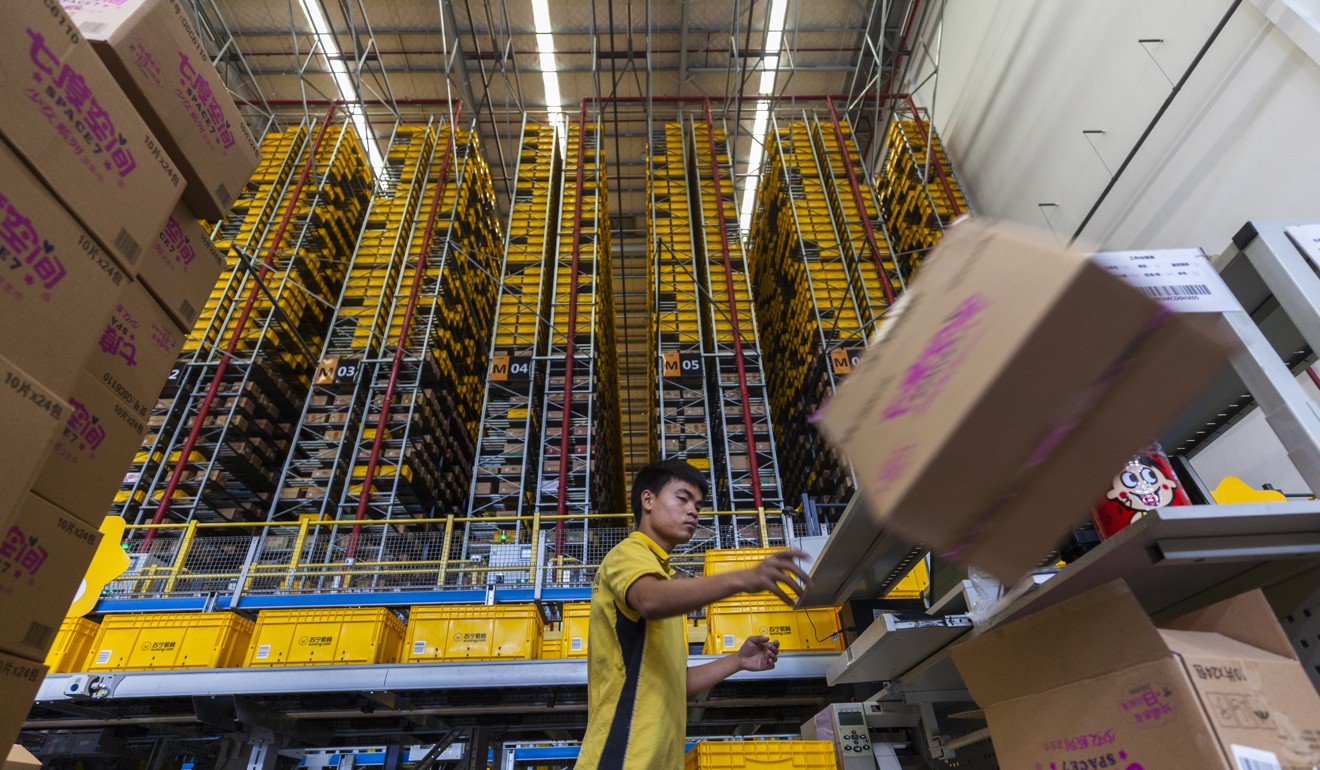
China should thank Trump and stop using trade war excuse for confused economic signals
- The country’s leaders need to remove the dark cloud of uncertainty over where it is headed.
- Mixed signals over the private sector and a mixed reaction to its ‘self-reliance’ message emphasise a need for action
Over the past six months, long-suffering residents in many parts of China have woken up to something long thought lost – a continuous streak of clear skies and clean air.
It shows that once the Chinese leadership really puts their minds to something, and local officials realise the leaders are no longer merely paying lip service, real changes will follow no matter how difficult they can be.
Trump’s China-bashing more class war than trade war: Thomas Piketty
Chinese leaders have also repeatedly warned that complex external factors have contributed to the slowing economy.
But, come to think of it, this is not about Trump and his intention to contain the rise of China, through a trade war or otherwise.

This is all about China itself, which direction it will take, and what China should do to counter the headwinds it faces.
Over the past two years, Xi and other Chinese leaders have often tried to offer reassurances that China would not go backwards and would instead undertake bolder reforms and open its doors wider to foreign investment.
Last week, Xi made a long-heralded tour of Guangdong province, where China’s economic reforms first started. On Thursday, he was quoted by state media as saying his presence in Shenzhen was aimed at declaring to the international community that China’s reform and opening up would never stop.
China’s detention of ex-Interpol chief highlights the arrogance of its anti-corruption investigators
Earlier this month, on the day China announced that its economy had recorded its slowest growth rate in nearly 10 years for the three months to September, Vice-Premier Liu He, Xi’s most trusted adviser, gave an unusual interview to selected state media outlets.
In a bid to shore up confidence in the country’s slowing economy and faltering stock markets amid escalating trade tensions with the US, Liu played down the impact of the trade war, promised that the government would channel more funds into the stock markets, and urged investors to calm down and believe in a better tomorrow. But he failed to outline specific measures.
This was a typical ploy by the Chinese government to talk up the markets whenever they were in the doldrums, but the trick seemed briefly to work. The stocks rose strongly the following day but continued to weaken afterwards. Indeed, the official rhetoric about reform and opening up sounded all too familiar, but the leaders’ actions have indicated otherwise. Understandably, people inside and outside China remain confused about the government’s mixed signals.

For instance, on the one hand, the Chinese leaders have made a robust defence of the beleaguered private economy, which contributes about 80 per cent of the country’s new jobs.
On the other, however, they said very publicly that China should feel “just and confident” to foster stronger and bigger state-owned enterprises.
This has given rise to concerns that those SOEs which have better access to lending and official support would crowd out private firms or even take them over.
Over the past two years, a number of tycoons were investigated and jailed on corruption charges and their highly leveraged, privately owned conglomerates were broken up and often sold to the state entities.
While the government makes big noises about cutting taxes and fees to help private firms, real benefits have come slow because the authorities are still dithering on cutting the value-added tax and social security contributions, which have greatly eaten into the profit margins of those private firms.
Growing US presence in South China Sea threatens accident that sparks war
While the government vows to reduce the bureaucratic red tape and make it easier for private firms to obtain approvals and business licences, it has forced private firms, along with ventures featuring foreign investment, to set up Communist Party committees and appoint party secretaries as part of its efforts to strengthen party control over businesses large or small.
While the government vows to take the high road in the trade war and portray itself as a global champion of trade, it has started to preach “self-reliance” to build up its own technologies so as to reduce its dependence on the US.
That pitch may seem fitting as the US has indicated it will try to curb China’s technological advances, but the attempt to highlight its self-reliance has reminded many of a bygone era in which the country was closed to the outside and self-reliance was the only option.
Chinese leaders have long preached that in face of complex external pressures, the government should decline to dance to the tunes of others and instead focus upon doing its own work right and well.
As the saying goes, talk is cheap – show me action. ■
Wang Xiangwei is the former editor-in-chief of the South China Morning Post. He is now based in Beijing as editorial adviser to the paper

